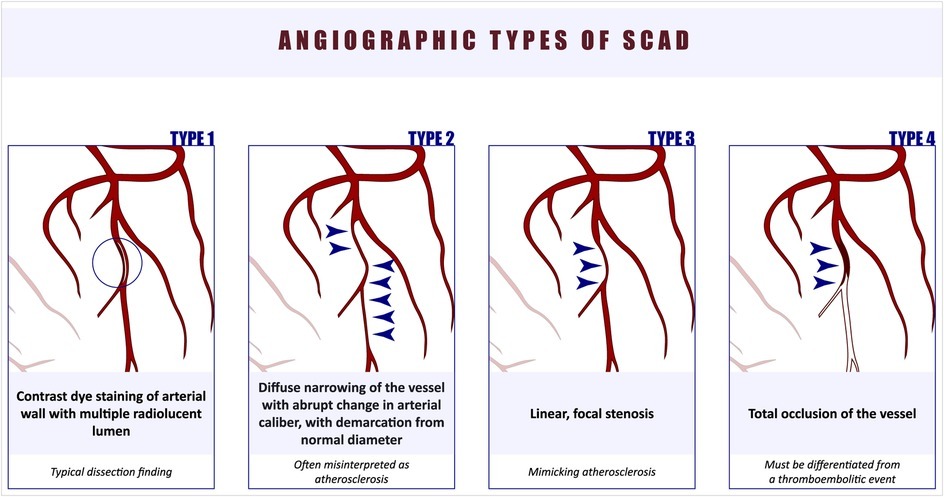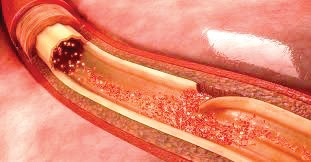
These days, heart issues have become quite common. There is a surge in many conditions which if diagnosed and treated timely might save many lives. One such issue is, Spontaneous coronary artery dissection (SCAD). It is a rare but serious heart condition characterized by a sudden tear or rupture in the wall of a coronary artery. This dissection can disrupt blood flow, leading to a reduced supply of oxygenated blood to the heart, which may result in a heart attack.
Causes: While the exact causes of SCAD are not fully understood, several factors may contribute to its development:
Hormonal Changes: Hormonal imbalances, particularly those occurring after pregnancy or childbirth.
Physical or Mental Stress: High levels of physical exertion or emotional stress.
Vascular Disease: Conditions that weaken the walls of blood vessels.
Genetics: In some cases, genetic factors may play a role.
Symptoms: The symptoms of SCAD often resemble those of a heart attack, including:
Severe chest pain or pressure
Difficulty breathing
Pain in the upper body (arms, neck, jaw)
Nausea or dizziness
Excessive sweating
Treatment: The treatment for SCAD varies depending on the severity of the condition:
Medications: Blood thinners, such as aspirin, are commonly prescribed to maintain blood flow.
Angioplasty: In more severe cases, angioplasty may be performed to reopen the affected coronary arteries.
Surgery: Severe cases may necessitate coronary bypass surgery.
Monitoring: Many mild cases of SCAD do not require surgical intervention and can be managed with medications and regular monitoring.

Lifestyle Factors and SCAD
While the exact causes of Spontaneous Coronary Artery Dissection (SCAD) are not fully understood, certain lifestyle factors may influence the risk and management of the condition. Here are some key considerations:
1. Stress Management:
Physical and Emotional Stress: High levels of stress can contribute to SCAD. Practices such as yoga, meditation, and mindfulness can help manage stress levels.
2. Diet and Nutrition:
Heart-Healthy Diet: A balanced diet rich in fruits, vegetables, whole grains, lean proteins, and healthy fats can promote overall cardiovascular health.
Avoiding Processed Foods: Reducing intake of processed foods high in sugar, salt, and unhealthy fats can benefit heart health.
3. Regular Exercise:
Moderate Physical Activity: Engaging in regular, moderate exercise can strengthen the heart and improve circulation. Consult a healthcare provider for tailored recommendations, especially after a SCAD event.
4. Weight Management:
Healthy Weight: Maintaining a healthy weight can reduce the risk of cardiovascular issues. Regular physical activity and a balanced diet are essential for weight management.
5. Avoiding Tobacco and Alcohol:
No Smoking: Smoking is a significant risk factor for heart disease. Quitting smoking can improve overall cardiovascular health.
Moderate Alcohol Consumption: If consumed, alcohol should be in moderation, as excessive drinking can lead to various health issues.
6. Regular Health Check-ups:
Monitoring Health: Regular check-ups with a healthcare provider can help monitor heart health and address any risk factors early.
7. Medication Adherence:
Follow Prescriptions: If prescribed medications (such as blood thinners), it’s crucial to follow the healthcare provider’s instructions to prevent complications.
Even after recovery from SCAD, ongoing heart health monitoring is essential to ensure long-term well-being.
While some factors contributing to SCAD may be beyond control, adopting a healthy lifestyle can support overall cardiovascular health and potentially reduce the risk of future events. Always consult a healthcare provider for personalized advice, especially if you have a history of SCAD or other heart conditions.















